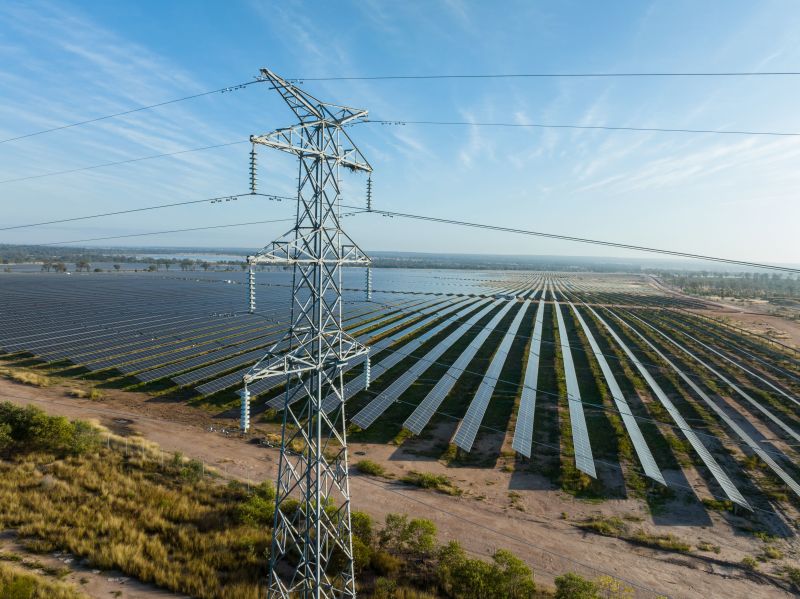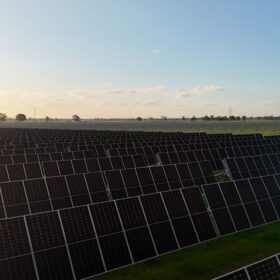The Queensland government’s Planning (Social Impact and Community Benefit) and Other Legislation Amendment Bill 2025 introduces new, stringent, and standardised requirements specifically for large-scale solar and wind farms, that include mandatory social impact assessments (SIAs) and community benefit agreements (CBAs) before a development application (DA) can be considered properly made.
The Bill outlines a new state government partnership with local councils that will negotiate the community benefit system, featuring SIAs that include community and stakeholder engagement, and CBAs with the State’s chief executive, Premier David Crisafulli, as assessment manager.
Pre-existing applications as yet decided will need to meet the requirements of the new approvals system, address social impacts and deliver community benefits.
Deputy Premier and Minister for State Development, Infrastructure and Planning Jarrod Bleijie said regional Queenslanders have been ignored for years on renewables projects like wind and solar farms.
“For too long, Queenslanders have seen projects rushed through approvals without community consultation, inconsistent planning rules and unclear benefits,” Bleijie said.
“This new framework improves the assessment process and ensures local communities gain tangible benefits.”
According to international law firm Sydney-headquartered Allens, large-scale solar and wind farm developments will face time and cost implications.
In the instance of a CBA not being agreed and voluntary mediation unsuccessful, the only remaining option will be to seek a waiver from the chief executive, without which, the applicant cannot lodge a DA or submit a change application, Allens’ website statement says.
Before the Bill’s passing, the First Nations Clean Energy Network (FNCEN) called for SIA providers to include First Nations people or be culturally competent, prioritising those with deep local experience.
While the Bill includes an “alternative process for Aboriginal and Torres Strait Islander cultural heritage matters” for Olympic-related developments, the overall impact on broader First Nations rights in renewable projects is a concern to that community.
ReAlliance Queensland Community Engagement Manager Tom Dixon said RE-Alliance supports, and has long advocated for, the intent of this legislation in terms of stronger community engagement, more regional and council planning input, and real sharing of benefits.
“In our submission on the draft legislation, we raised a number of concerns around ensuring the new requirements didn’t contribute to consultation fatigue in local communities and that councils were adequately resourced to play their new role as facilitators of renewable energy community benefits,” Dixon said.
“Over the next few months, we’ll work with the state government, council and communities on how they can best navigate this new world of CBAs, and support communities to understand how they can best engage in this new approach to the shift to renewables in their regions.”
This content is protected by copyright and may not be reused. If you want to cooperate with us and would like to reuse some of our content, please contact: editors@pv-magazine.com.









By submitting this form you agree to pv magazine using your data for the purposes of publishing your comment.
Your personal data will only be disclosed or otherwise transmitted to third parties for the purposes of spam filtering or if this is necessary for technical maintenance of the website. Any other transfer to third parties will not take place unless this is justified on the basis of applicable data protection regulations or if pv magazine is legally obliged to do so.
You may revoke this consent at any time with effect for the future, in which case your personal data will be deleted immediately. Otherwise, your data will be deleted if pv magazine has processed your request or the purpose of data storage is fulfilled.
Further information on data privacy can be found in our Data Protection Policy.